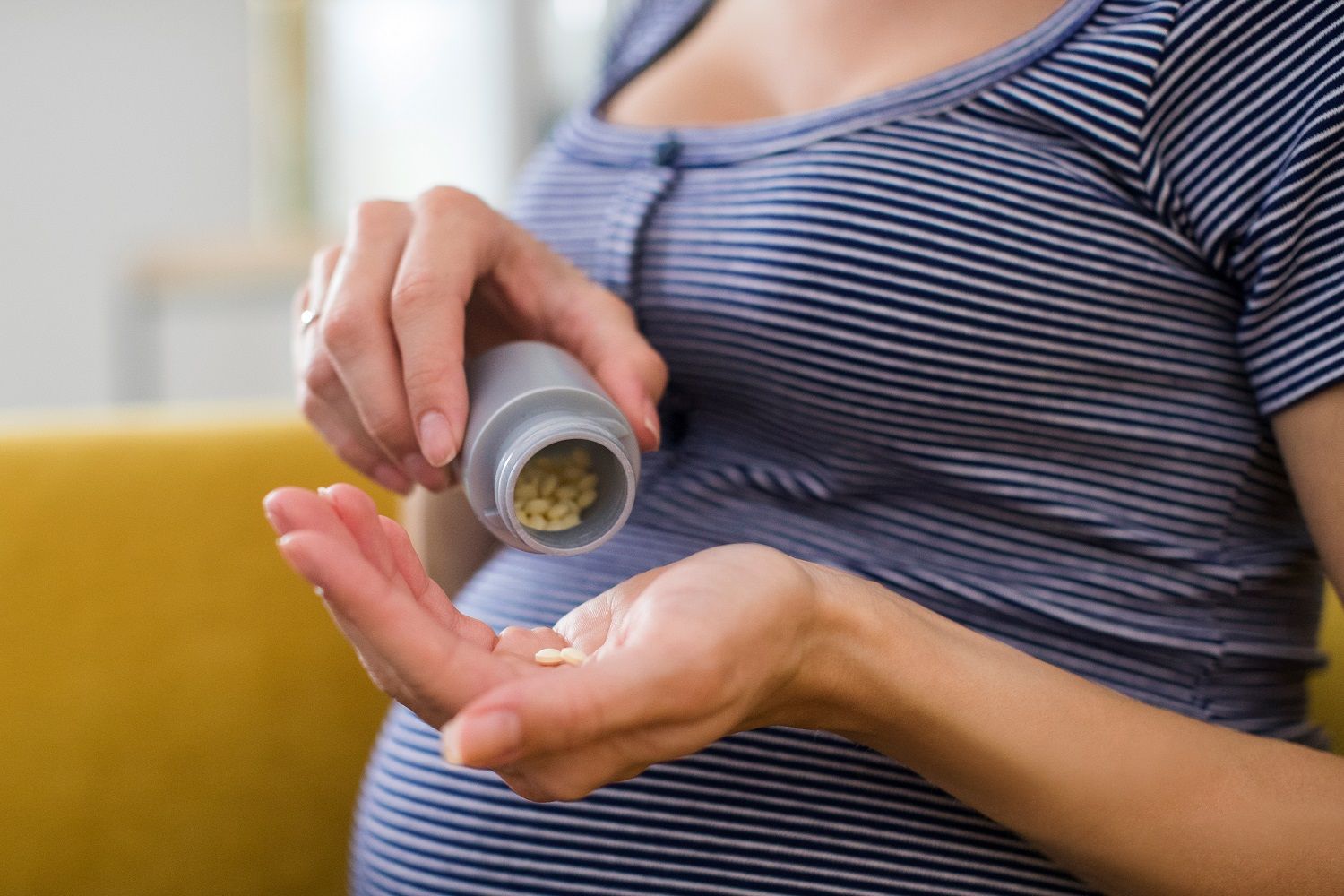You're pregnant! Congratulations!
While pregnancy is an exciting time, it is also a time when you may have many questions and concerns. On this page, we have put together information and resources to help you take care of yourself (and baby!). We are glad to be able to share the medically reviewed information with you but remember: nothing takes the place of regular visits with your health care provider for prenatal care.
If you are still looking for a physician, please consider Good Neighbor Community Health Center and Good Neighbor Fremont. We have contracted with highly qualified OB providers who look forward to working with you to help make your pregnancy a happy and healthy one.
To make an appointment or for more information, please call (402) 562-7500 (Columbus) or (402) 721-0951 (Fremont).
Over the counter medication

Almost every pregnant woman will face a decision about taking medicine before and during pregnancy. (These may include prescription and over-the-counter medications and dietary or herbal supplements.) Women and their doctors should discuss the best treatment options together.
3 Things to Discuss
- All medicines you take, including over-the-counter medicines, herbal and dietary supplements, and vitamins.
- Best ways to keep your health condition(s) under control.
- Your personal goals for managing your health condition during pregnancy.
Did you know?
9 out of 10 women in the United States take a medicine during pregnancy. But not all medicines are safe to take during pregnancy. Some medicines may cause birth defects, pregnancy loss, prematurity, infant death, or developmental disabilities. Talk to your healthcare provider about all your medications.
Safe Medication List
While we recommend that you limit the amount of medication taken during your pregnancy, sometimes it is necessary for your health and comfort. This list includes medicines that are safe to take during pregnancy. Generic equivalents are acceptable.
Aches/Pains/Headache
- Tylenol
- Extra Strength Tylenol
- Generic Acetaminophen
- Motrin, Advil or generic Ibuprofen – for use after 20 weeks gestation. First discuss with your physician.
No aspirin unless prescribed by your healthcare provider.
Allergies/Colds/Flu
Always check over-the-counter cold medication for alcohol, sugar, caffeine, or aspirin. Medication should be taken as directed and for no longer than seven days. If symptoms persist, call our office.
- Claritin
- Regular Sudafed (pseudoephedrine)
- Mucinex
- Zyrtec
- Robitussin DM
- Cough/Throat Lozenges
- Tylenol Cold
- Saline Nasal Spray/Rinse
Other helpful suggestions:
- Cool mist humidifier/vaporizer
- Mentholated vapor rub (Vicks)
Constipation
- Colace 100mg 1 or 2 daily
- Metamucil/Citrucel
- Miralax
- Milk of Magnesia
Other helpful suggestions:
- Increase water intake to 8-10 eight-ounce glasses daily.
- Eat plenty of fresh fruits, green leafy vegetables and fiber.
- Get adequate exercise; walking is a good exercise during pregnancy.
If constipation persists, call our office for further instructions.
Diarrhea
Generally diarrhea is a symptom of a viral illness that will run its course in a few days. You may try the B.R.A.T diet (banana, rice, applesauce, toast/tea). If diarrhea persists, call for further instructions.
Heartburn/Indigestion/Upset Stomach
- Gaviscon
- Maalox
- Mylanta, Mylanta II
- Rolaids
- Tums – Do not exceed recommended dose
The following medications may be used only on the advice of your physician:
- Pepcid
- Zantac
- Prilosec
- Prevacid
Hemorrhoids
- Anusol
- Preparation H
- Tucks
It may also be helpful to soak in a warm bath.
Nausea/Morning Sickness
- Vitamin B6 (50mg twice daily)
- Ginger Root (2 tablets, 2-4 times a day)
Try to eat smaller meals more often.
Drinking 8-10 glasses of water a day can decrease nausea and may also help with constipation.
Yeast Infection
- Monistat – Intravaginal with applicator or intravaginal suppository as directed.
- Topical cream for external symptoms as directed.
Avoid vaginal intercourse during treatment. Call if symptoms persist.
You can help prevent yeast infections by making sure that your genital area stays as dry as possible and can “breathe”. For example:
- Wear cotton, not nylon, underwear, and avoid tight-fitting pants and panty hose
- Change out of a wet swimsuit right away
- Avoid douches and feminine sprays, scented toilet paper, and deodorant tampons


